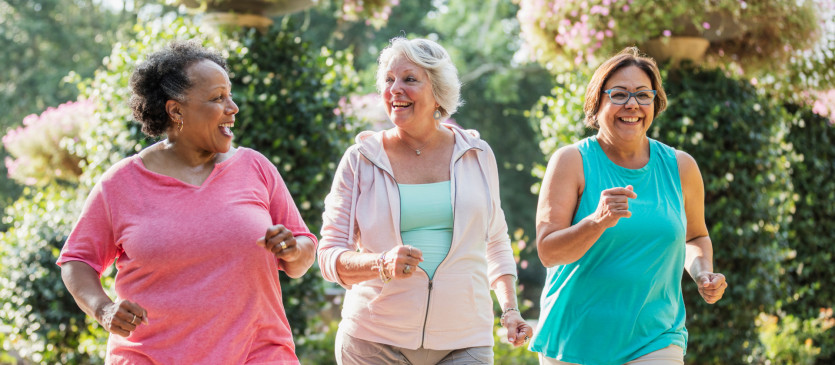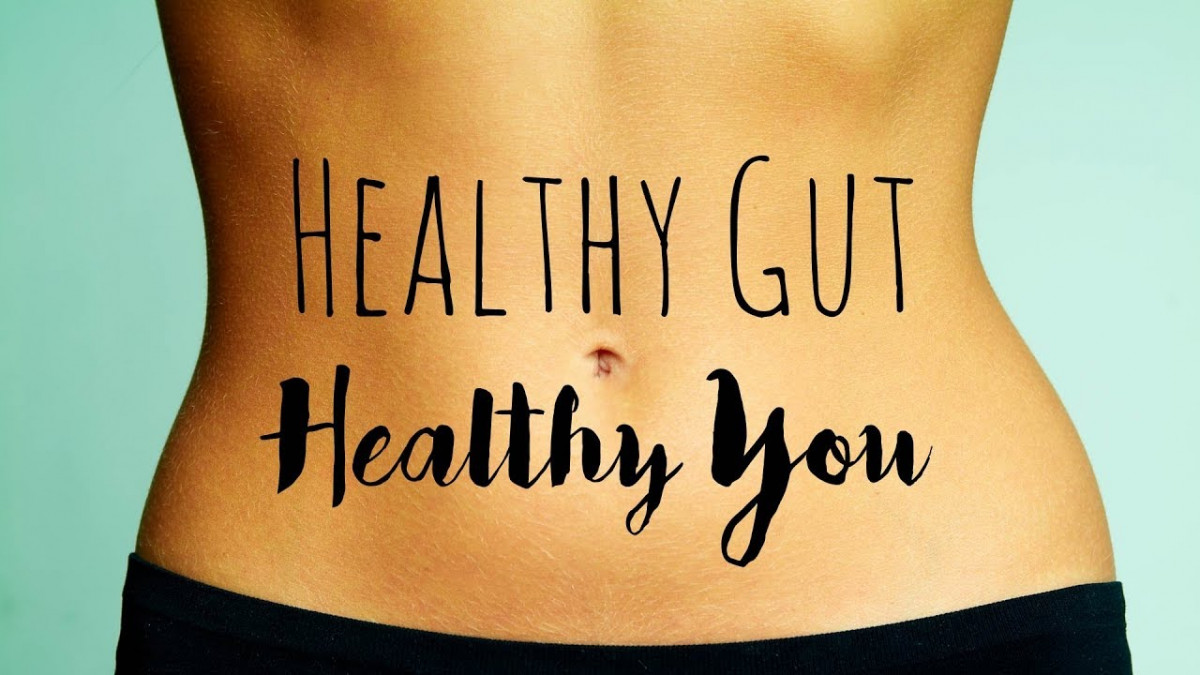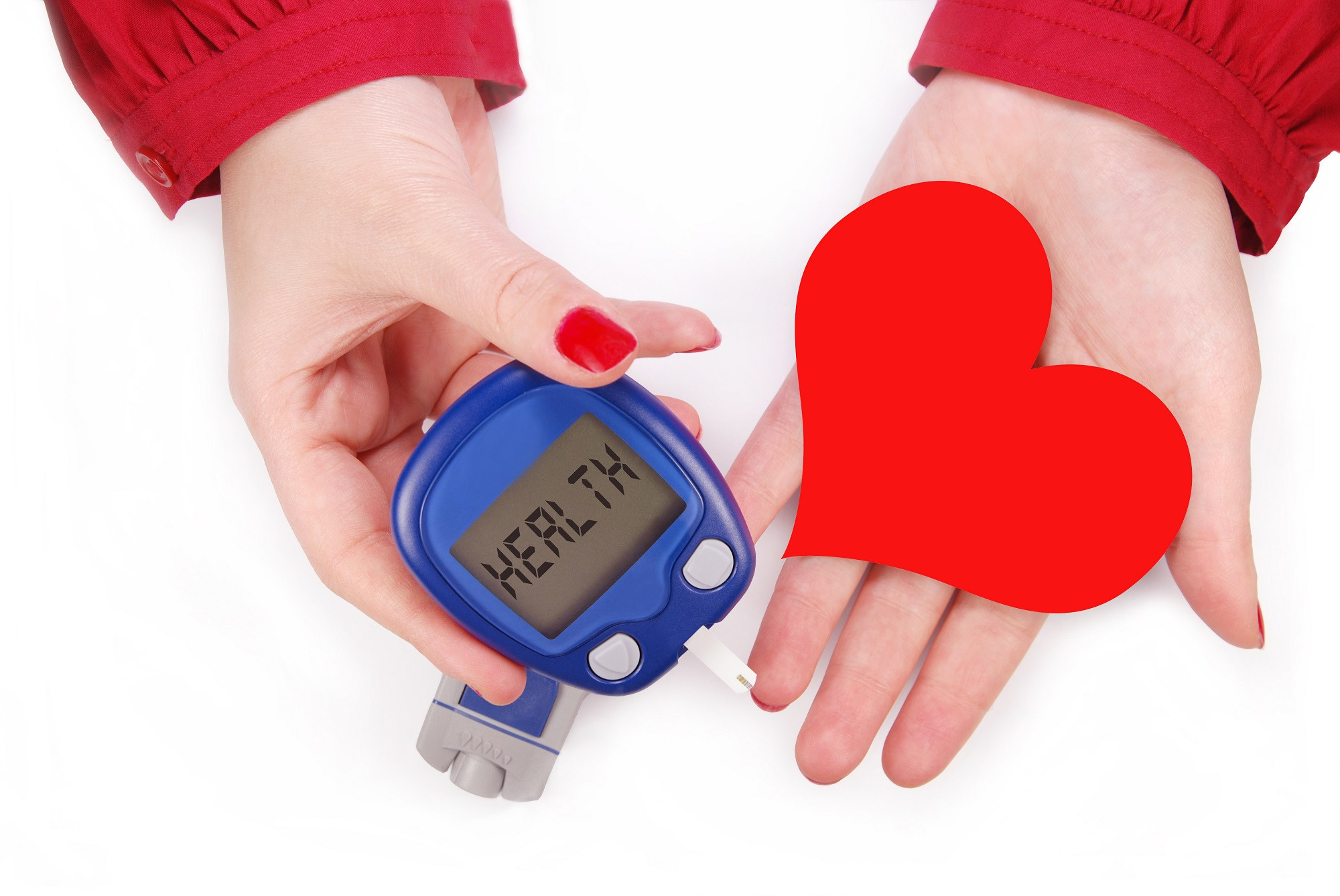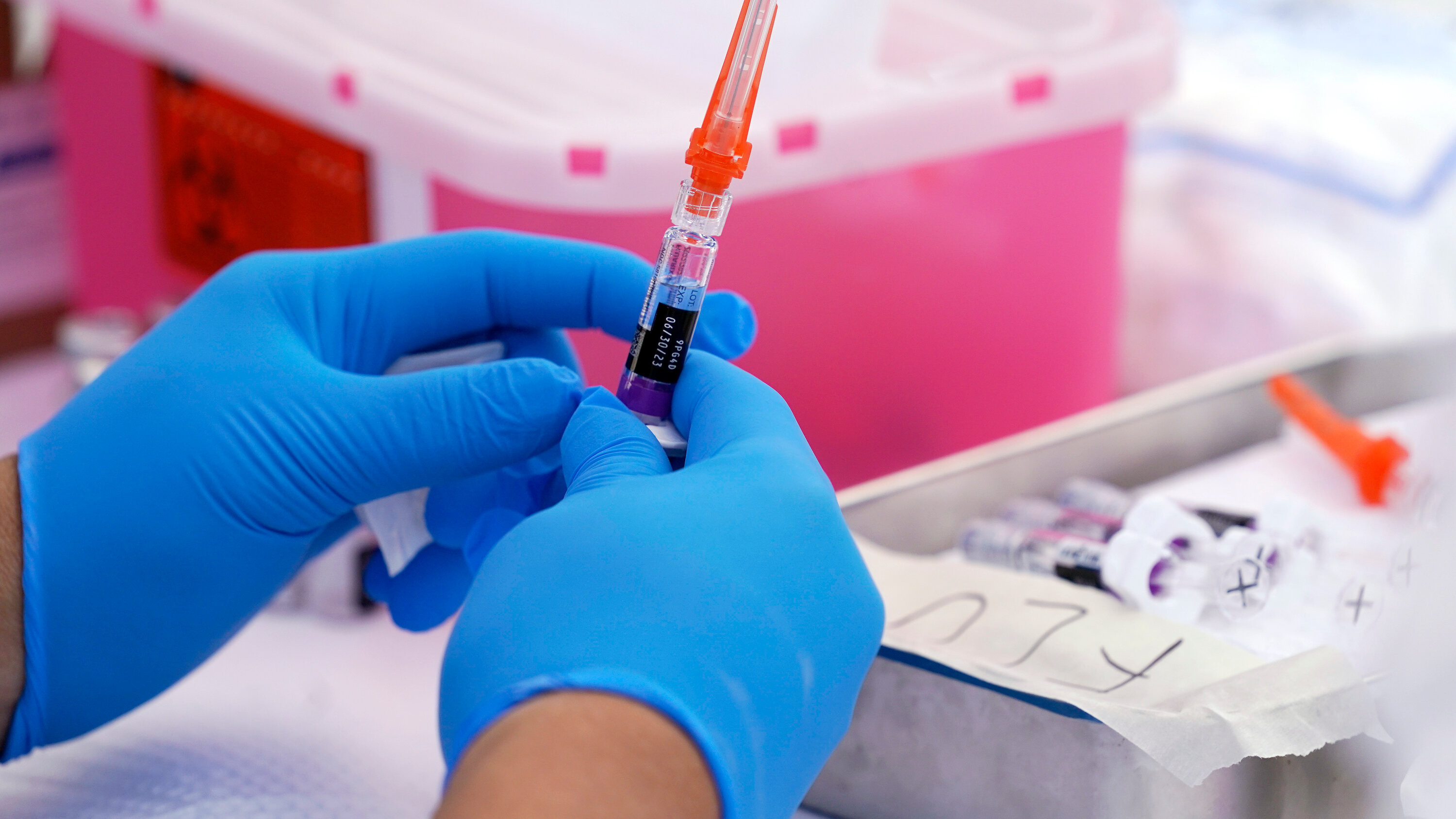The Power of Movement: Why Staying Active is Crucial for Seniors
As we age, the body inevitably undergoes changes. Muscles may weaken, bones may become more brittle, and energy levels may decline. However, this doesn't mean that seniors are destined to a sedentary lifestyle. In fact, regular physical activity is more important than ever during this stage of life.
The Multifaceted Benefits of Exercise for Seniors
Exercise offers a myriad of benefits for seniors, encompassing physical, mental, and emotional well-being. Let's delve into some key advantages:
Enhanced Physical Health
- Reduced Risk of Chronic Diseases: Exercise plays a crucial role in preventing and managing chronic diseases that are prevalent in older adults. By regulating blood sugar levels, improving insulin sensitivity, and boosting the immune system, physical activity helps to combat type 2 diabetes, stroke, and certain cancers.
- Strengthened Immune System: Staying active can significantly bolster the immune system, making it more adept at fending off infections and illnesses. Regular exercise promotes good circulation, enabling the cells and substances of the immune system to move freely and function efficiently.
- Improved Digestive Health: Exercise stimulates the digestive tract, promoting regular bowel movements and reducing the risk of constipation. This is particularly beneficial for seniors who may experience digestive issues.
- Pain Management: Exercise can be an effective tool for managing chronic pain conditions such as arthritis. Activities like swimming, water aerobics, and gentle stretching can alleviate pain and improve joint function, making daily activities less painful.
Enhanced Cognitive Function and Mental Well-being
- Cognitive Boost: Engaging in activities that require coordination and thought, such as dancing or playing sports, can enhance cognitive functions like memory and attention. Exercise increases blood flow to the brain, promoting the growth of new brain cells and connections, contributing to sharper cognitive abilities.
- Improved Mood and Sleep: Exercise is known to have a positive impact on mood and sleep patterns. It releases endorphins, which have mood-boosting effects, and it promotes regular sleep cycles.
- Increased Confidence and Self-Esteem: Achieving fitness goals, no matter how small, can significantly boost self-esteem and confidence. This sense of accomplishment can promote a positive self-image and a feeling of empowerment.
Extended Lifespan and Enhanced Quality of Life
- Increased Lifespan: Regular physical activity has been shown to extend life expectancy. Exercise contributes to overall health and helps prevent age-related diseases, leading to a longer and more active life.
- Improved Social Interaction: Group exercise classes or sports provide opportunities for social interaction and connection with others, fostering a sense of community and reducing feelings of isolation.
How to Get Started with Exercise: A Gentle Approach
Starting an exercise routine can be daunting, especially if you haven't been active in a while. The key is to start slowly and gradually increase the intensity and duration of your workouts. Here are some tips for getting started:
- Choose Activities You Enjoy: The most important factor is to choose activities that you find enjoyable. If you hate swimming, don't force yourself to do it. Instead, explore activities like dancing, gardening, or walking.
- Start Gradually: Begin with short workouts and gradually increase the time and intensity. Aim for at least 30 minutes of moderate-intensity exercise most days of the week.
- Listen to Your Body: Pay attention to your body's signals. If you experience pain, stop and rest. It's also crucial to stay hydrated by drinking plenty of water before, during, and after exercise.
- Find a Buddy: Having a workout buddy can help keep you motivated and accountable.
Embracing an Active Lifestyle: A Journey Towards Wellness
In conclusion, embracing an active lifestyle is an investment in your well-being as you age. By incorporating regular physical activity into your routine, you can improve your physical health, sharpen your mind, and enhance your overall quality of life. Remember, it's never too late to start, and the benefits of exercise are truly remarkable. So, put on your walking shoes, find a dance class, or head to the park for a leisurely stroll. Your body will thank you for it.

















